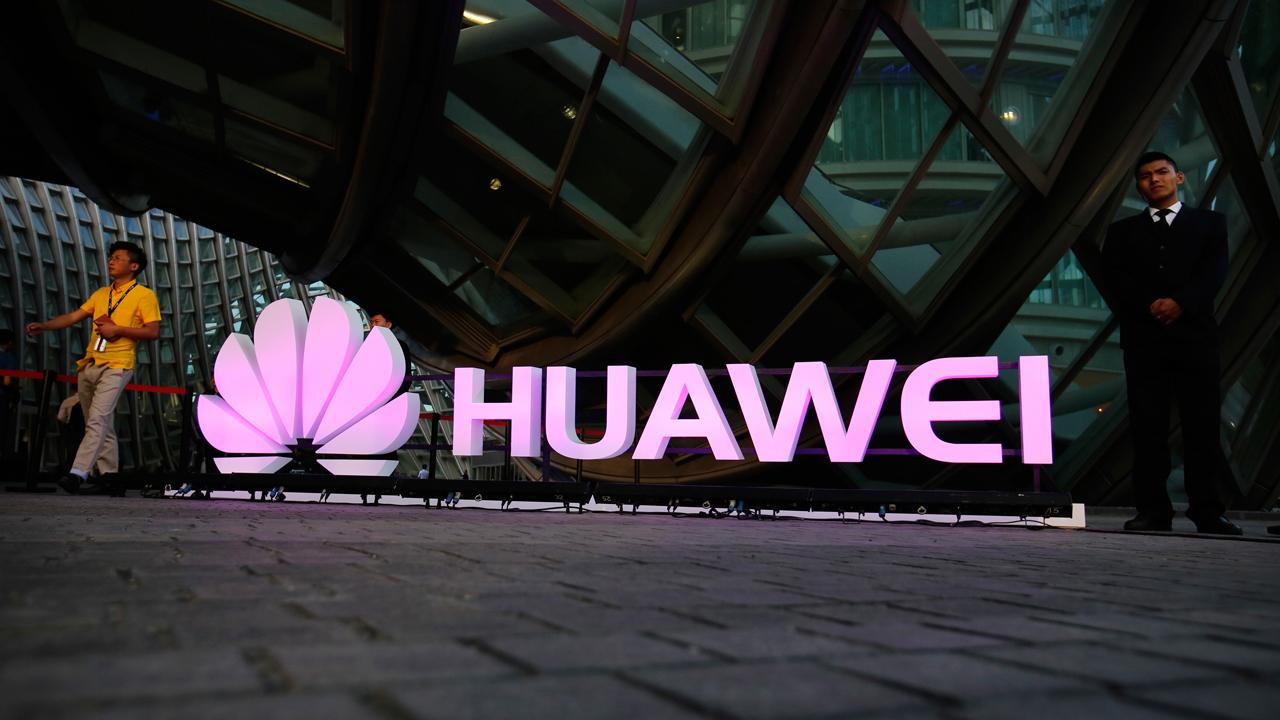Huawei sues US amid new push to discredit Trump admin
Huawei Technologies Co. on Wednesday sued the U.S. government over efforts to block federal agencies from using equipment sold by the Chinese telecommunications firm.
The lawsuit comes as the firm intensifies a campaign to discredit the Trump administration's attempts to persuade foreign governments to ban the use of Huawei products in new fifth-generation wireless networks. On top of claims from the U.S. that Huawei effectively acts as a conduit for Chinese espionage, the firm is battling allegations that it engaged in the theft of trade secrets and breached sanctions against Iran, among other charges.
And in December, Huawei CFO Meng Wanzhou was arrested in Canada at the request of the U.S. government and is set to be extradited to America. Wanzhou – who is also the daughter of Huawei founder Ren Zhengfei – is suing the Canadian government and its border agency for allegedly violating her constitutional rights.
Amid the flurry of mounting international pressure, Huawei is ramping up its public relations effort and attempting to present itself as a victim of a smear campaign.
“We have been trusted for the last 30 years in 170 countries,” Chief Security Officer Andy Purdy told Fox Business last week. “There have been no major cybersecurity incidents involving Huawei in the world.”
Firm Chairman Guo Ping also recently charged that the U.S. campaign is being conducted over fears that widespread adoption of Huawei equipment would hinder the National Security Agency’s efforts to collect information.
“If the NSA wants to modify routers or switches in order to eavesdrop, a Chinese company will be unlikely to co-operate,” he wrote in an op-ed in the Financial Times.
And the Chinese embassy in March circulated an invite from board director Catherine Chen to members of the media to visit Huawei’s campuses to “get to know us better.”
In the lawsuit, the firm alleges that a provision included in last year's defense spending authorization law that bans federal agencies from using Huawei equipment is illegal because it singles out specific companies.
Because the nation's wireless network is not owned by the government, nothing prevents a U.S. company from using Huawei equipment in building out its networks. Still, providers like Verizon Wireless and AT&T are in essence banned due to long-standing claims by the federal government that China would be able to spy on Americans through Huawei products.
| Ticker | Security | Last | Change | Change % |
|---|---|---|---|---|
| T | AT&T INC. | 27.86 | +0.00 | +0.00% |
| VZ | VERIZON COMMUNICATIONS INC. | 48.62 | +0.57 | +1.20% |
The Trump administration reasons that, by allowing Huawei to provide equipment for 5G networks, foreign governments are effectively permitting China to control the technology that holds the promise to revolutionize nearly every industry.
"The United States is working across government and with our allies and like-minded partners to mitigate risk in the deployment of 5G and other communications infrastructure," National Security Council spokesman Garrett Marquis said in a statement. "Communications networks form the backbone of our society and underpin every aspect of modern life. The United States will ensure that our networks are secure and reliable."
The argument has proved persuasive for some countries. Last year, Australia and New Zealand banned Huawei from building its 5G network.
Still, the firm became a powerhouse in the global telecommunications industry largely by offering lower-priced products. That -- combined with its argument that the U.S. has yet to provide any public facts to support its espionage claims -- is leading some top mobile carriers to question the White House campaign against Huawei.
“I would at this stage prefer to be working with governments and securities on a national basis and making sure we have a fact-based conversation,” Vodafone CEO Nick Read said of Huawei at a recent global industry conference.
CLICK HERE TO GET THE FOX BUSINESS APP
The White House is also facing some domestic opposition. In the U.S., many rural providers rely on Huawei's cheaper equipment and have raised concerns over the Trump administration’s efforts.
Among the steps the government is considering is preventing companies that receive money from a federal rural telecom fund to purchase products from Huawei or fellow Chinese firm ZTE Inc.




















